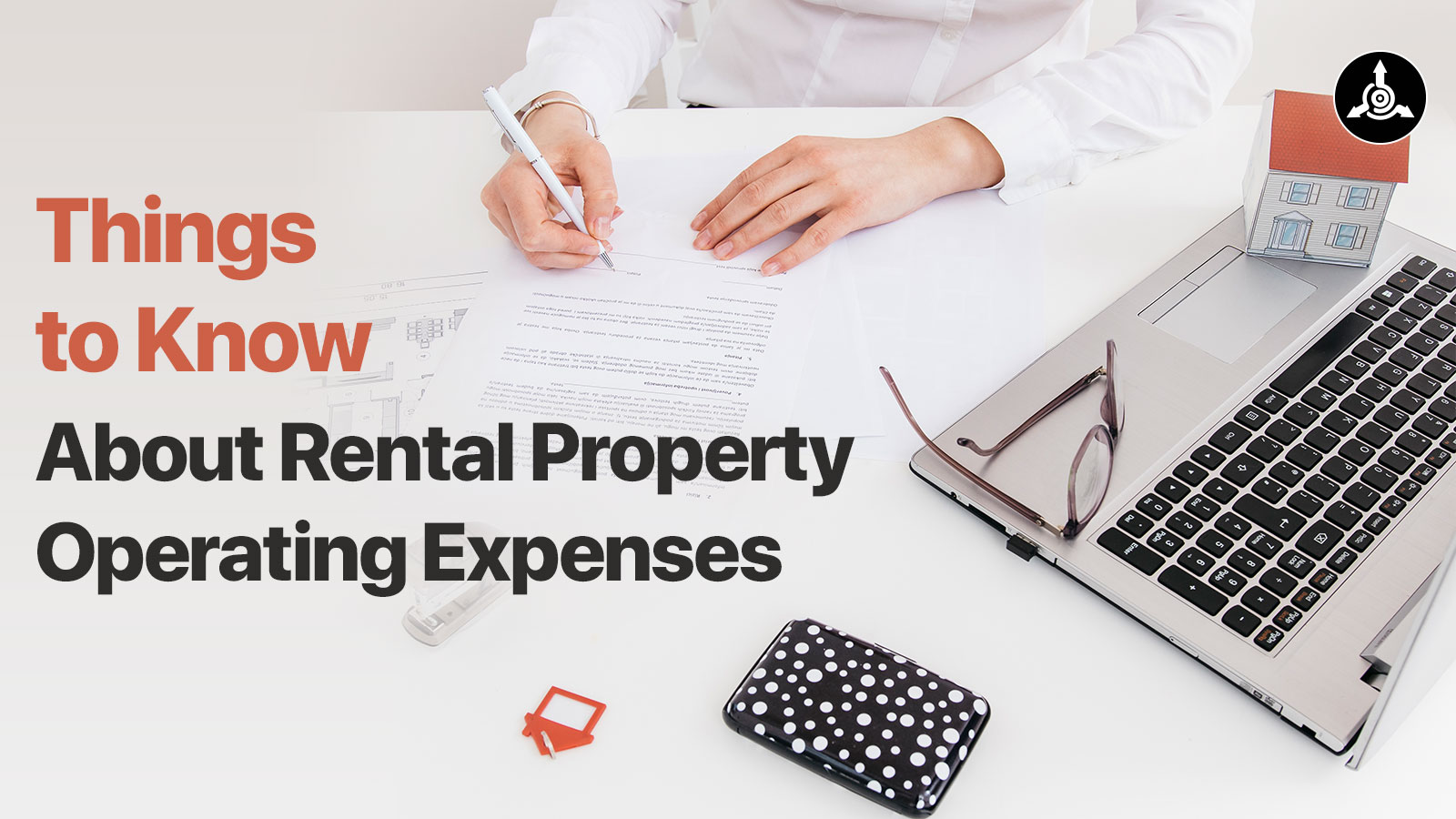When it comes to owning and managing a rental property, positive cash flow is the ultimate goal. Tax breaks and appreciation are excellent bonuses, but the most immediate objective is to ensure a reasonable monthly profit.
You must adequately understand your expenses and income to achieve positive cash flow. Knowing your operating overhead isn't as easy as most think because hidden expenses often catch rental real estate owners off guard.
This article is meant to shed light on the different expenses related to governing a rental.

Understanding what is and isn't an operating expense can be annoying and confusing, especially if you're a first-time rental owner.
The general rule is that only items that are ongoing upkeep costs should be included. Operating overhead may also differ from one property to another. With this in mind, we have compiled a list of some of the most common rental-related expenses.
Besides the expenses mentioned above, other not-so-common costs that may fall in the operating expenses category are:
If an expense doesn't directly impact a property's structural and habitable conditions and ability to produce income, it cannot be considered an operating cost. Such expenditures are:
The monthly payments for principal and interest on a mortgage are classified as debt service and cannot be included in the calculations for operating expenses. Even though these payments directly affect the cash flow, they are meant to finance the acquisition of rental properties instead of covering day-to-day operations. Similarly, refinancing costs because of changes in mortgage or lender terms are not regarded as operating expenses.
Unlike property taxes, which are categorised as operating costs, investor or owner income taxes are not. This tax is calculated on the cash flow and revenue you receive from your rental business. And since it does not immediately affect a property's ability to perform, it cannot be treated as a deductible expense.
Major renovations and repairs such as replacing the roof, installing a new ventilation system, or adding insulation are ranked as capital expenses. They cannot be included in the operating costs. These upgrades enable landlords to raise rents, making them material changes instead of expenses necessary to keep a property running.
Rental real estate owners are entitled to declare an annual depreciation expense for the property's wear and tear. While depreciation is a deductible cost and lowers income tax rates, it doesn't compromise a rental's ability to generate revenue.
The 50% rule is quite popular among investors and rental property owners. According to it, a rental's operating costs shouldn't surpass 50% of its gross annual income. For instance, if your property makes €50.000 after taking into account vacancy rates, your expenses should be around €25.000 for that year.
Running and maintaining a rental on your own can be costly, time-consuming, and stressful. Fortunately, with the advancement of technology, there is a solution to this problem.
Real estate tokenisation allows investors to own stakes in a property, hence dividing operating expenses among them. It removes the financial burden from a single individual and disperses it throughout a collective sharing the same goal – general profit.
The digitised tokens for ownership stakes are traded and stored on a blockchain to ensure a transparent transaction trail that any property owner can audit. Smart contracts are used to enforce ownership titles and distribute the generated income among the collective.
For example, if you own 5.6% of a rental, you'll have to cover only 5.6% of the operating costs and be entitled to 5.6% of the revenue.
There are different types of entities offering real estate tokenisation, such as:
DAOs are arguably the most sought-after entities as they involve their members in decision-making processes and offer a more democratic modus operandi.
Owning a rental property is a great business that can be highly profitable. For that to happen, you must take the time to understand how operating overhead is calculated and determined. This information can be immensely useful in the long run as it can help you attain your financial objectives.
Whether you're a first-time real estate investor or a seasoned landlord, meticulous expense management can make the difference between failure and success. It's also very important to remain attentive to all emerging technologies. They are changing the industry and offering property owners a sea of new possibilities to increase their equity and wealth and gain ownership in real estate that was otherwise unavailable to them.